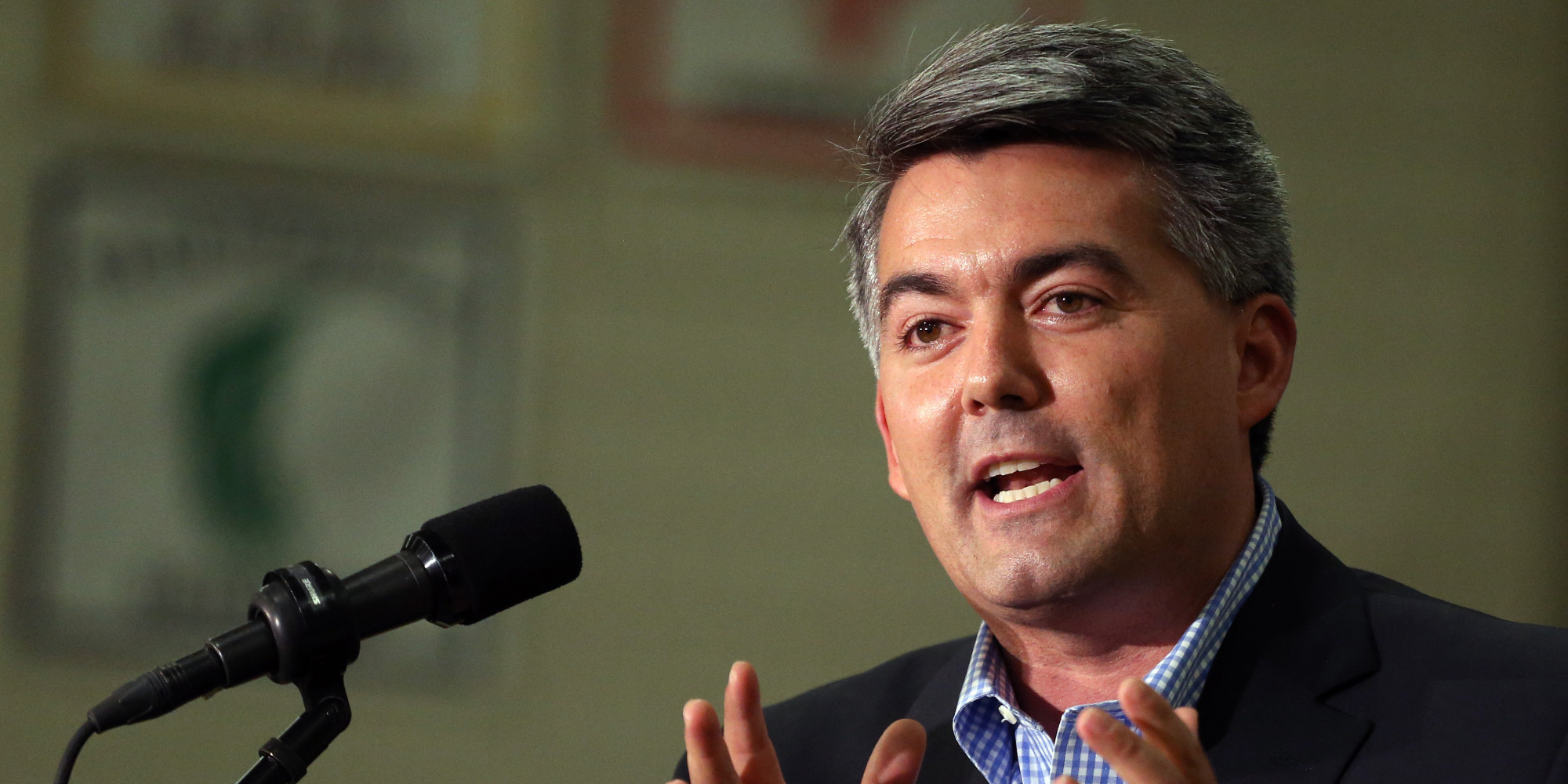U.S. Sen. Cory Gardner (R-CO) said multiple times that he opposed Obama’s Supreme Court Nominee, Merrick Garland, in part, because he would have been seated on the Supreme Court just a few weeks before the presidential election.
That’s exactly what’s happening now, except the nominee isn’t Garland but Trump’s selection, Amy Coney Berrett.
U.S. Senate Republicans are set to vote on Barrett in committee on Oct. 22, setting up a final confirmation vote by all senators for the week of Oct. 26, eight days before the Nov. 3 election.
That would have been a deal breaker for Gardner four years ago when Obama was president.
“I felt that if you’re going to choose a new Supreme Court Justice, one that would significantly impact the majority of the Supreme Court, just a few weeks before the presidential election–the choice of the American people were making for who would be in the White House–I felt that the American people should ultimately decide who that justice was going to be,” Gardner said on a conference call with constituents March 8, 2017, referring to his opposition to Garland the year before. “And that’s why I believe that the next president should have been the one to make that decision.”
Gardner also said that, given the normal length of the confirmation process, Obama’s nominee, “whoever it was, would be seated just a few weeks before the next president of the United States was chosen by the American people.”
Gardner made similar comments during a March 1, 2017, conference call with constituents that was covered by Colorado Public Radio, saying that the “new Justice wouldn’t be seated until just a couple weeks before the new election” and therefore it “was necessary for the American people to have their say.”
Last month, Gardner said he blocked Garland because he “disagreed with the selection.”
That statement got attention because Gardner had previously stated that he thought Garland’s nomination was “too soon” to the 2016 election.
Gardner elaborated at the time on talk radio, saying, “We are deep in the heart of a political campaign, a divisive election, a divisive president, who has done nothing but overreached Congress time and time again,” he added.
Gardner’s office didn’t return a call seeking comment.




